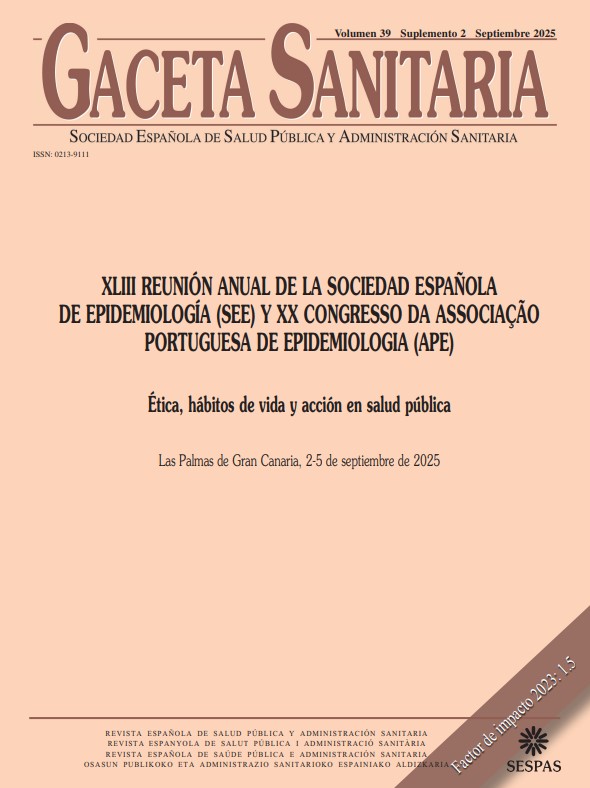778 - PSYCHOLOGICAL WELL-BEING AND INCIDENT HYPERTENSION, WITHIN THE SUN COHORT STUDY
Department of Preventive Medicine and Public Health, University of Navarra; Mental Health Department, Osasunbidea; Navarra Institute for Health Research (IdiSNA); CIBERobn; Department of Medicine and Health Sciences, University of Alcalá.
Background/Objectives: Psychological well-being (PWB) has demonstrated health-protective effects. Increasing evidence supports the role of PWB on reducing mortality risk and increasing longevity. However, its impact on cardiovascular disease (CVD) incidence, and especially on hypertension, has received lower attention. We examined the prospective association between PWB and hypertension incidence within the “Seguimiento Universidad de Navarra” (SUN) cohort.
Methods: A total of 4,888 participants included in the SUN cohort study answered the 18-year follow-up questionnaire. Out of them, 1,591 had no prevalent CVD, completed the 29-item Ryff Scale to assess PWB, and were followed for at least 20 years. Previously validated self-reported hypertension was biennially reported. Cox proportional hazards regression models were used to estimate hazard ratios.
Results: There were 150 cases of hypertension during a median follow-up of 2.60 years. After adjustment for potential confounders, non-optimal PWB tended to increase the risk of hypertension (HR = 1.47, 95%CI: 0.98-2.21), with a significant association between non-optimal purpose in life and hypertension (HR = 1.87, 95%CI: 1.19-2.93).
Conclusions/Recommendations: Our longitudinal study among highly educated individuals within the SUN cohort reveals a significant inverse association between having optimal purpose in life and the incidence of hypertension. These results point to the importance of promoting psychological wellbeing and not only acting on the promotion of healthy lifestyles to maintain cardiovascular health.
Funding: Instituto de Salud Carlos III projects PI20/00564, PI23/01332, co-funded by the European Union.















